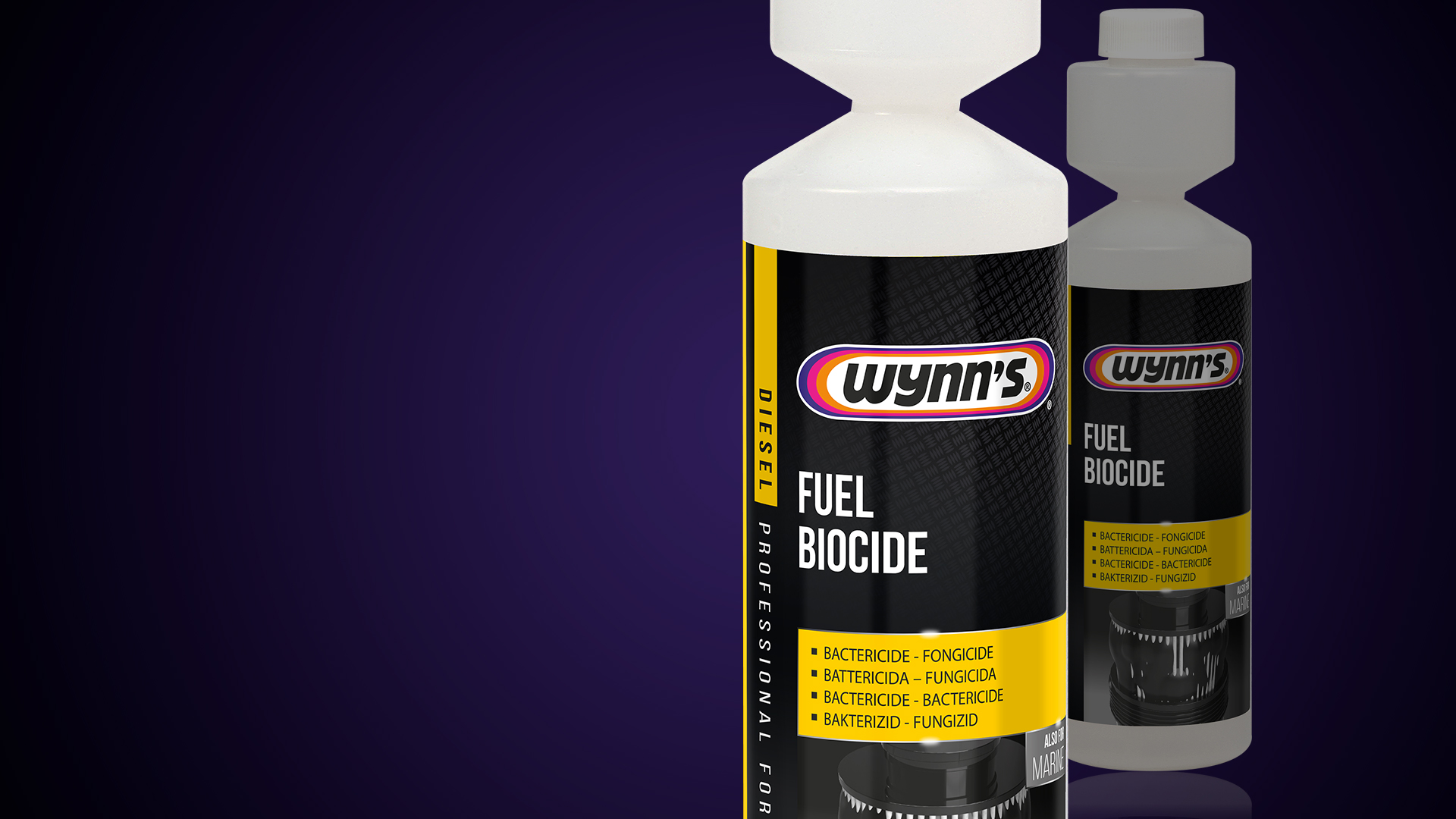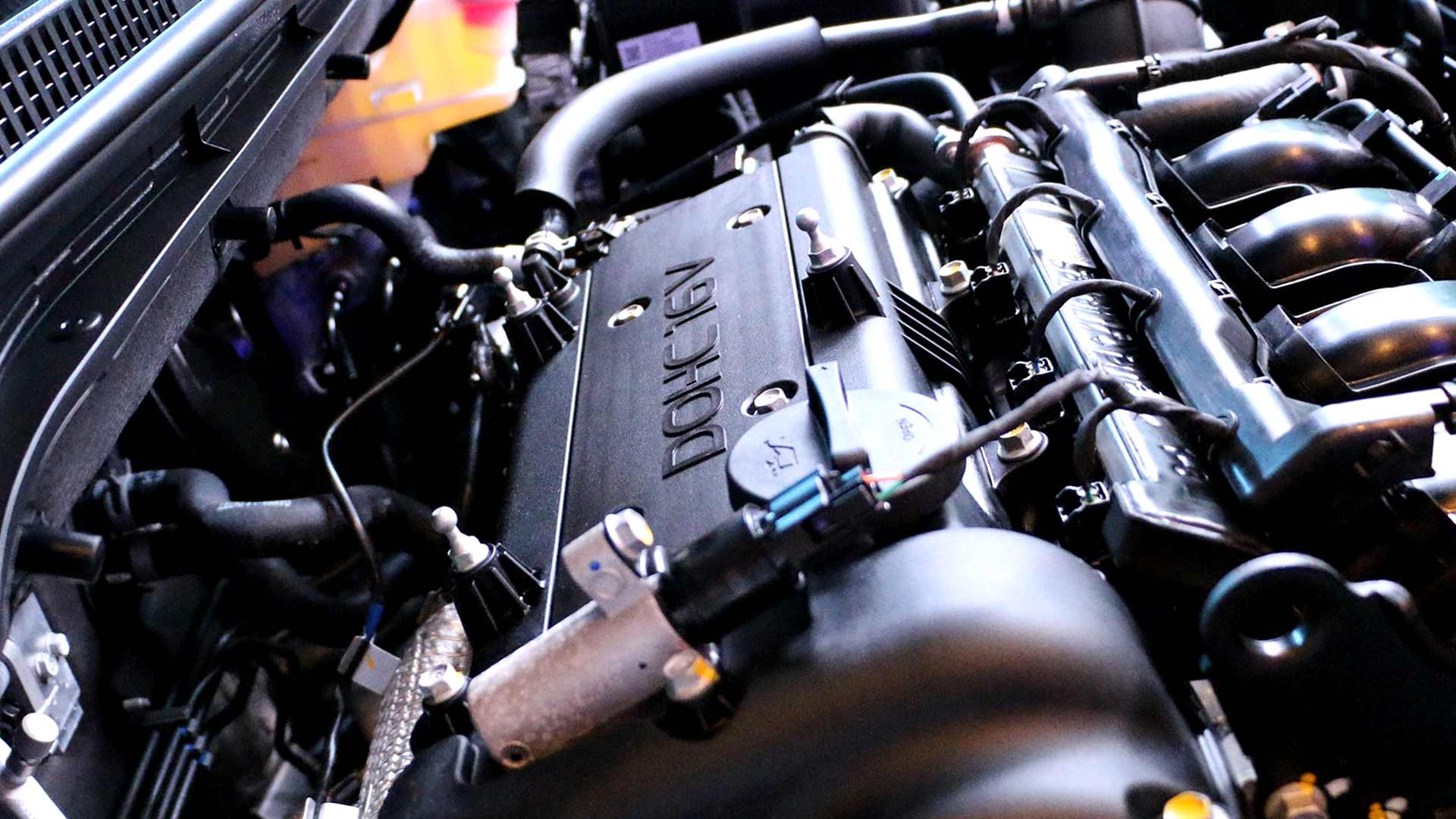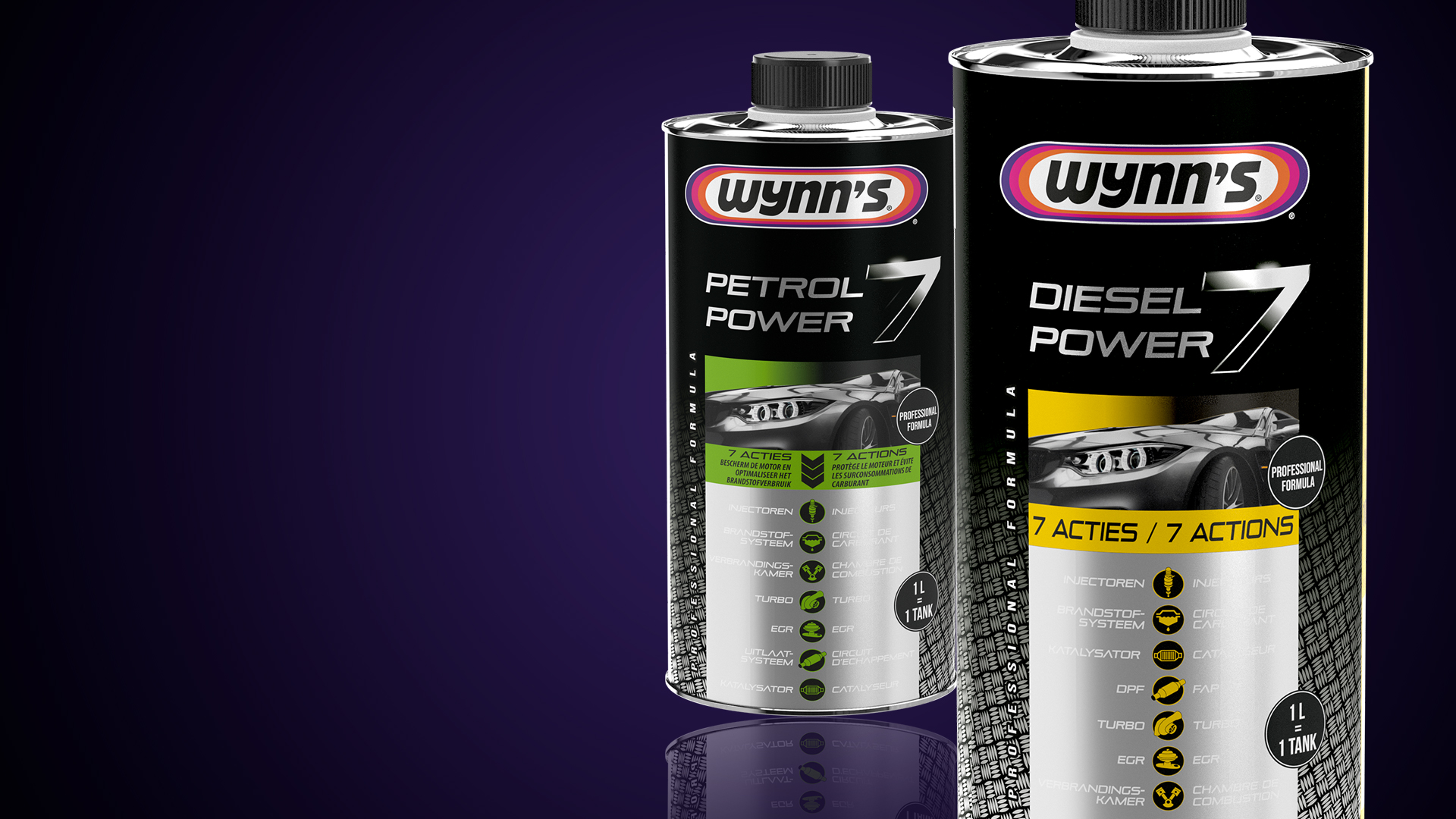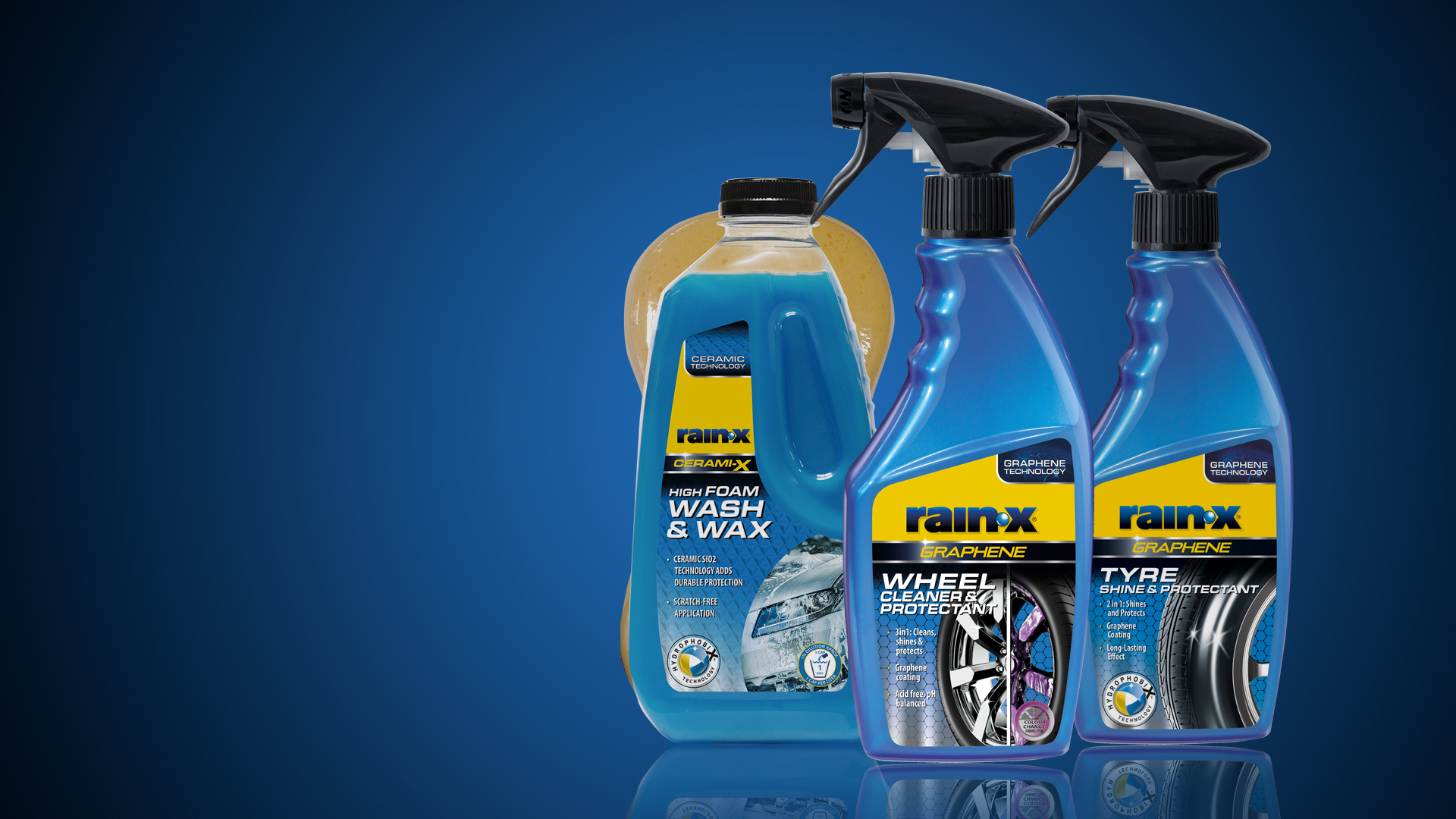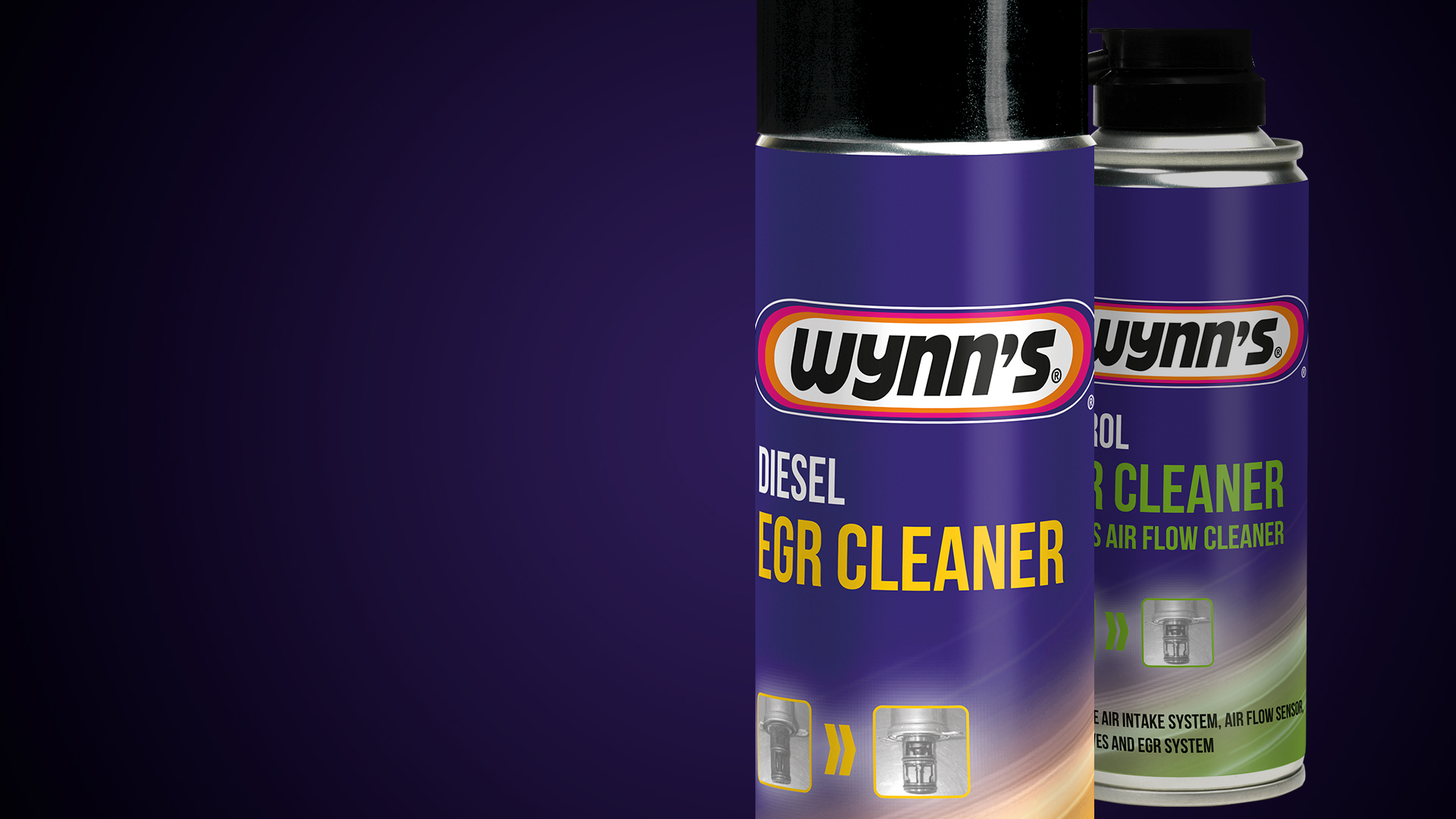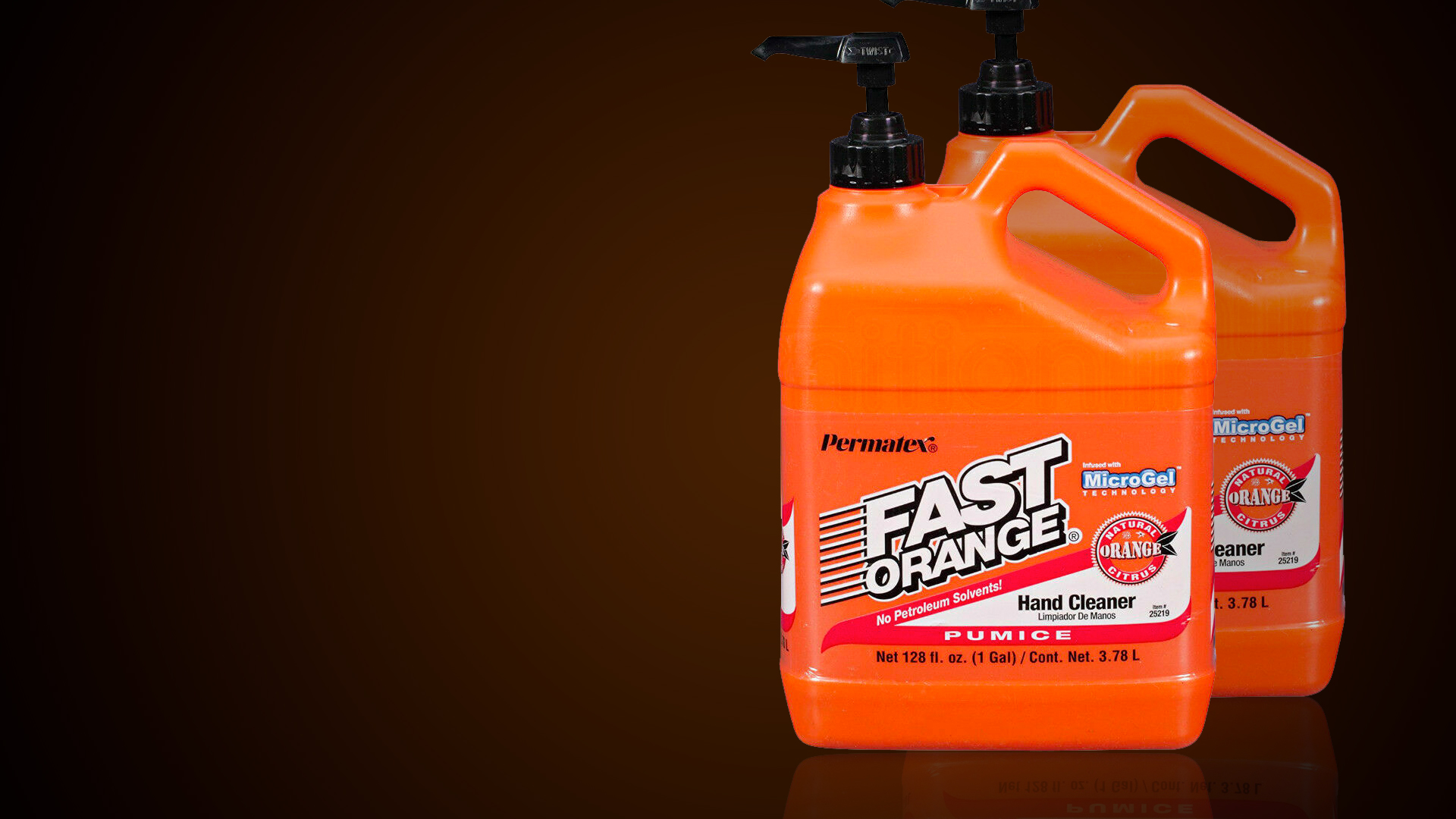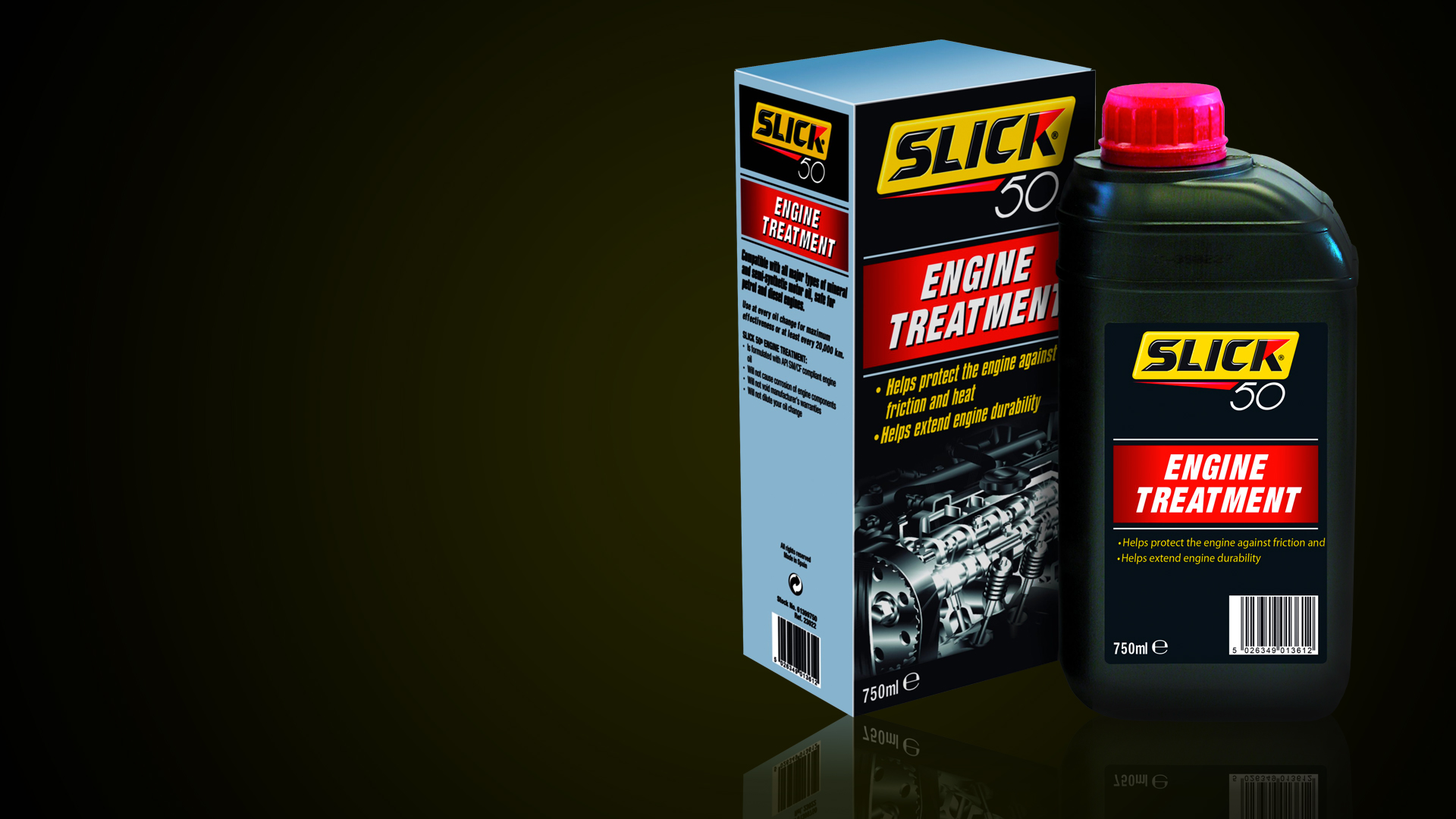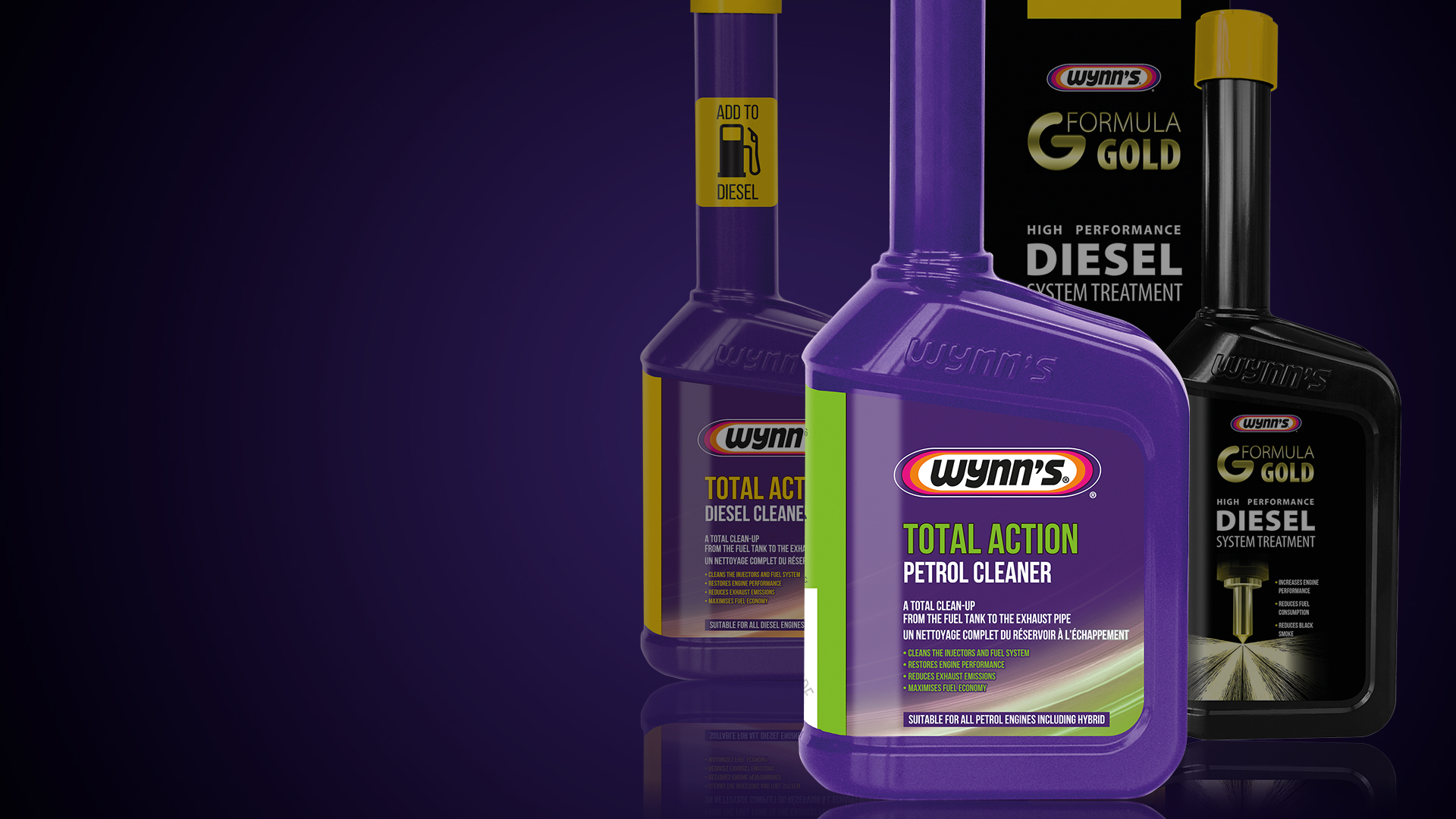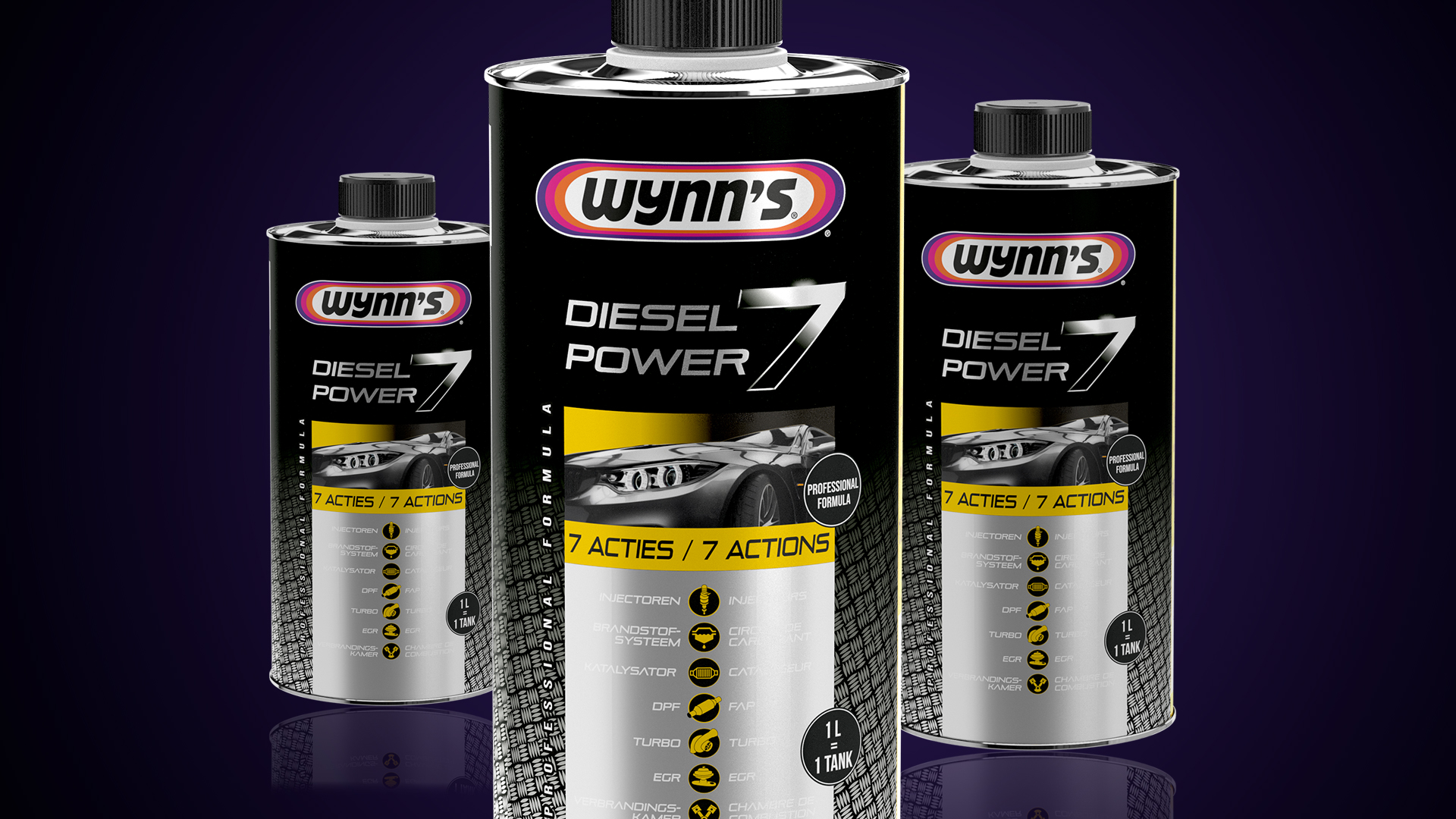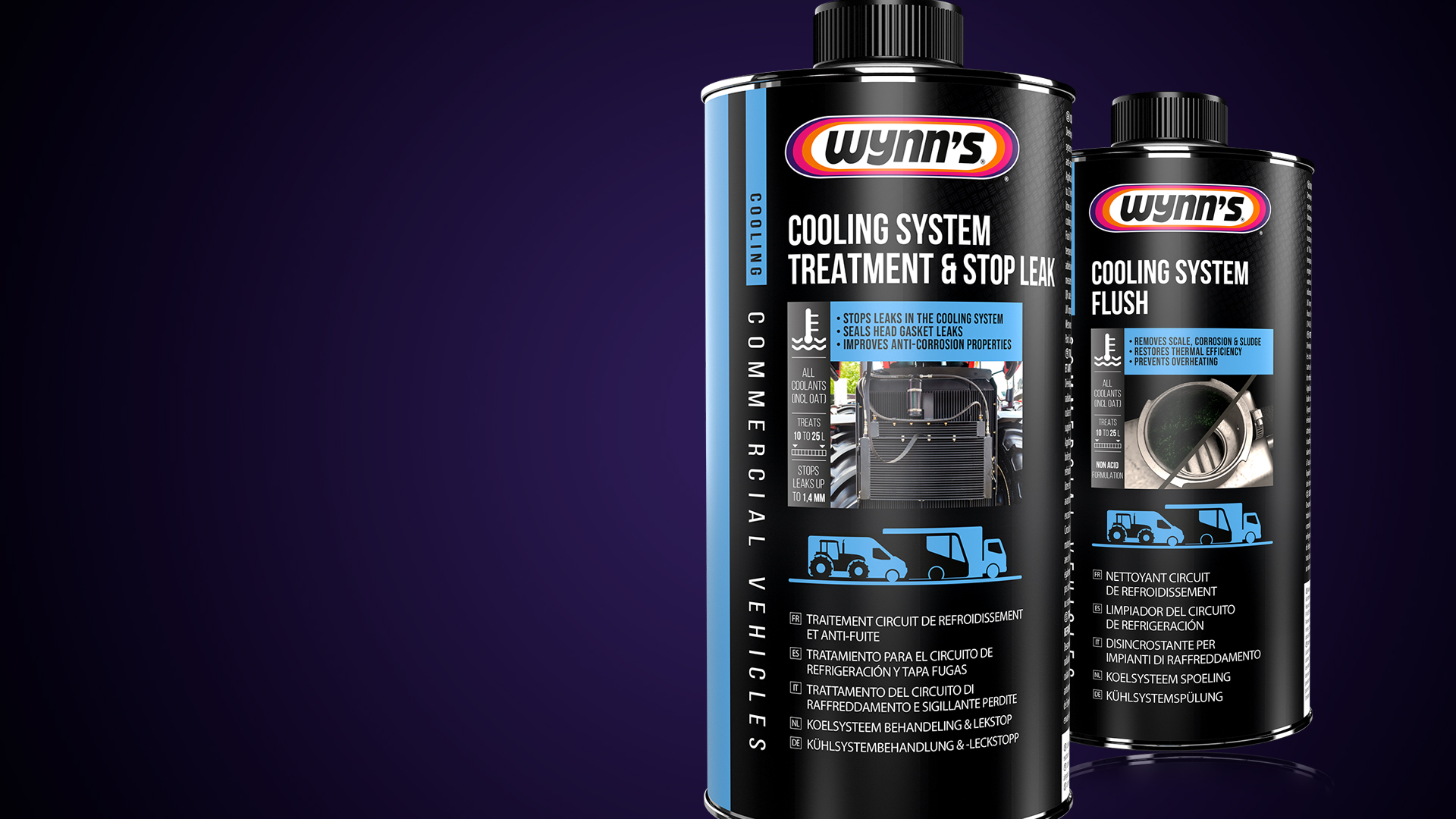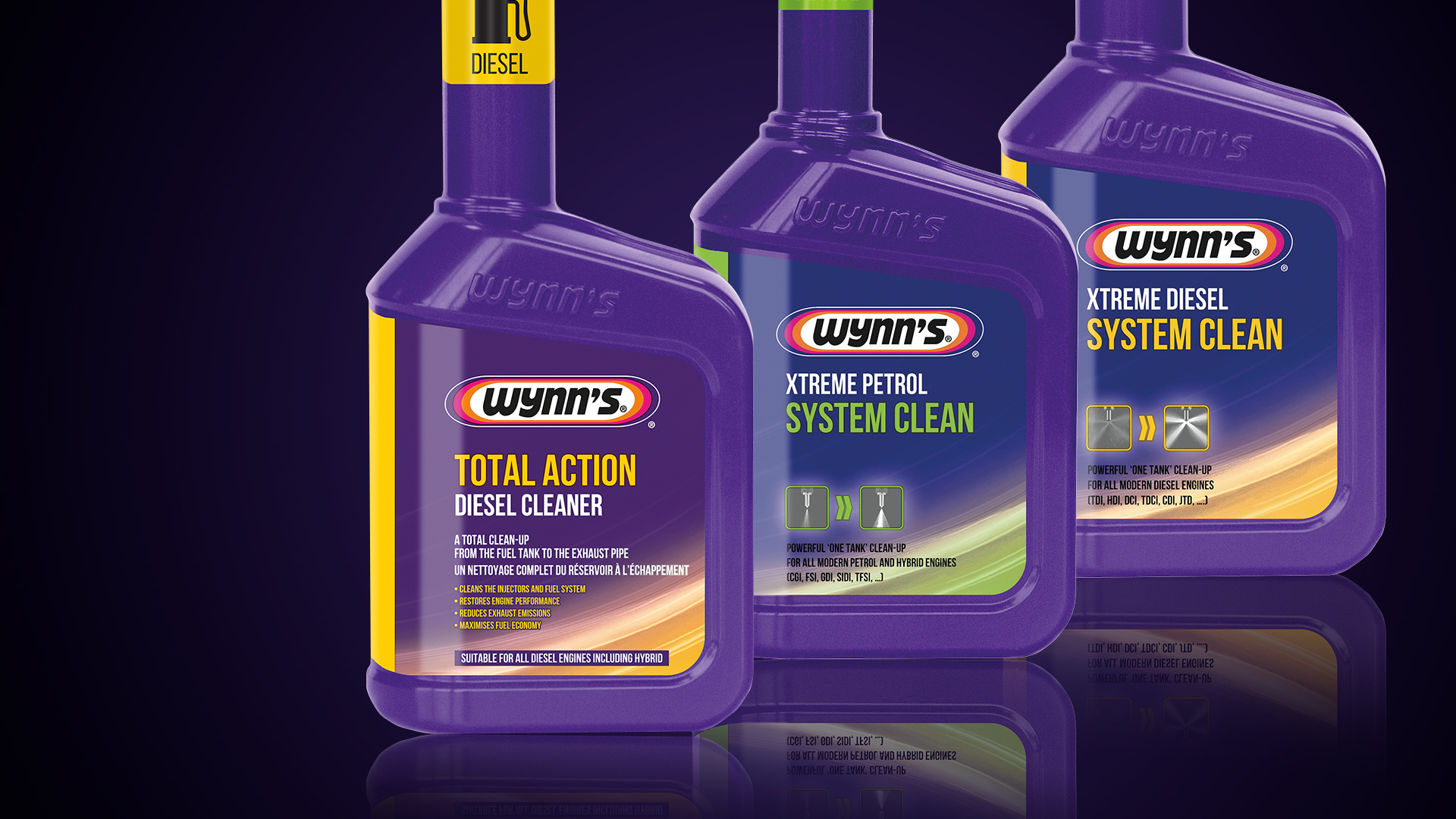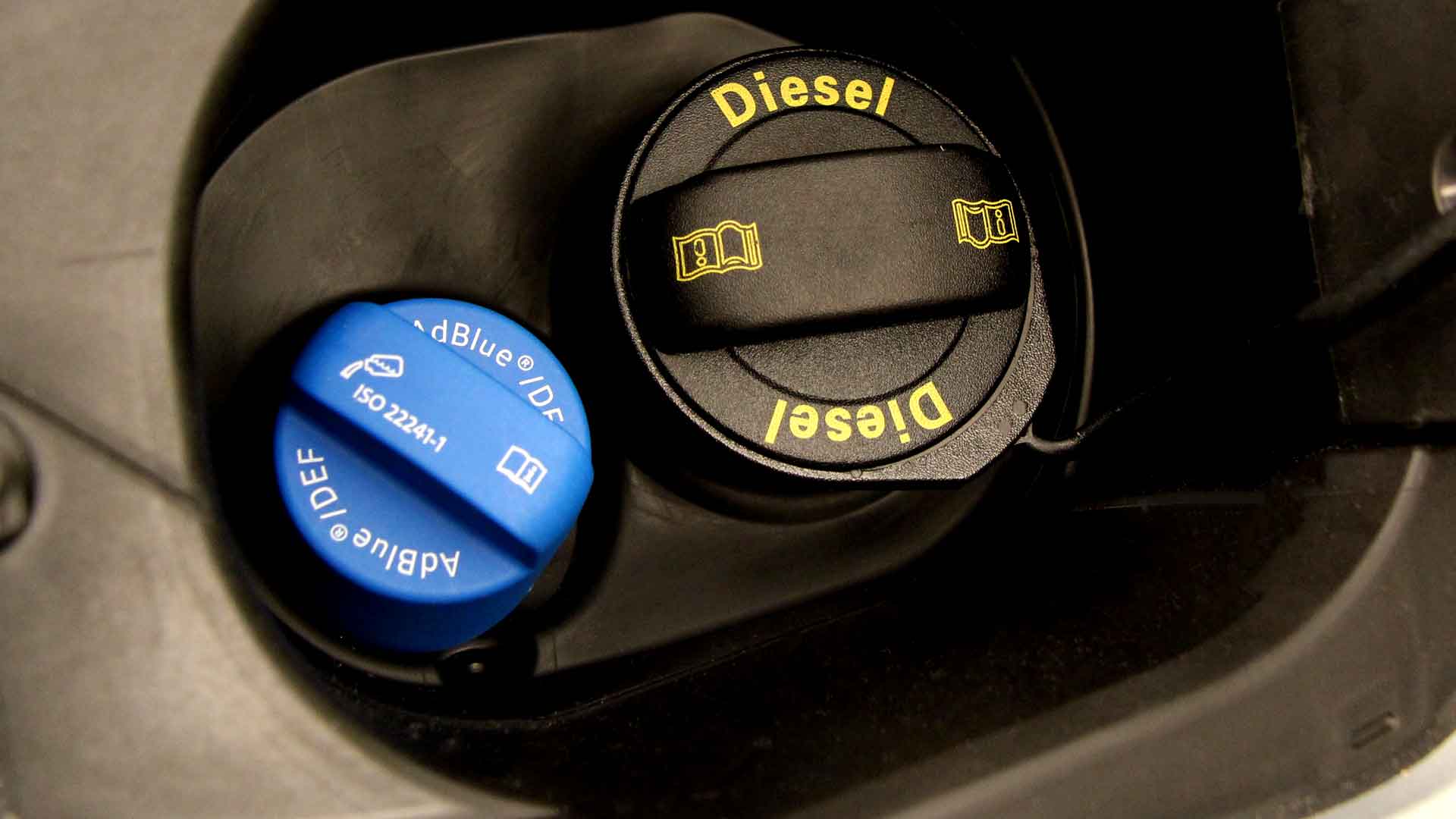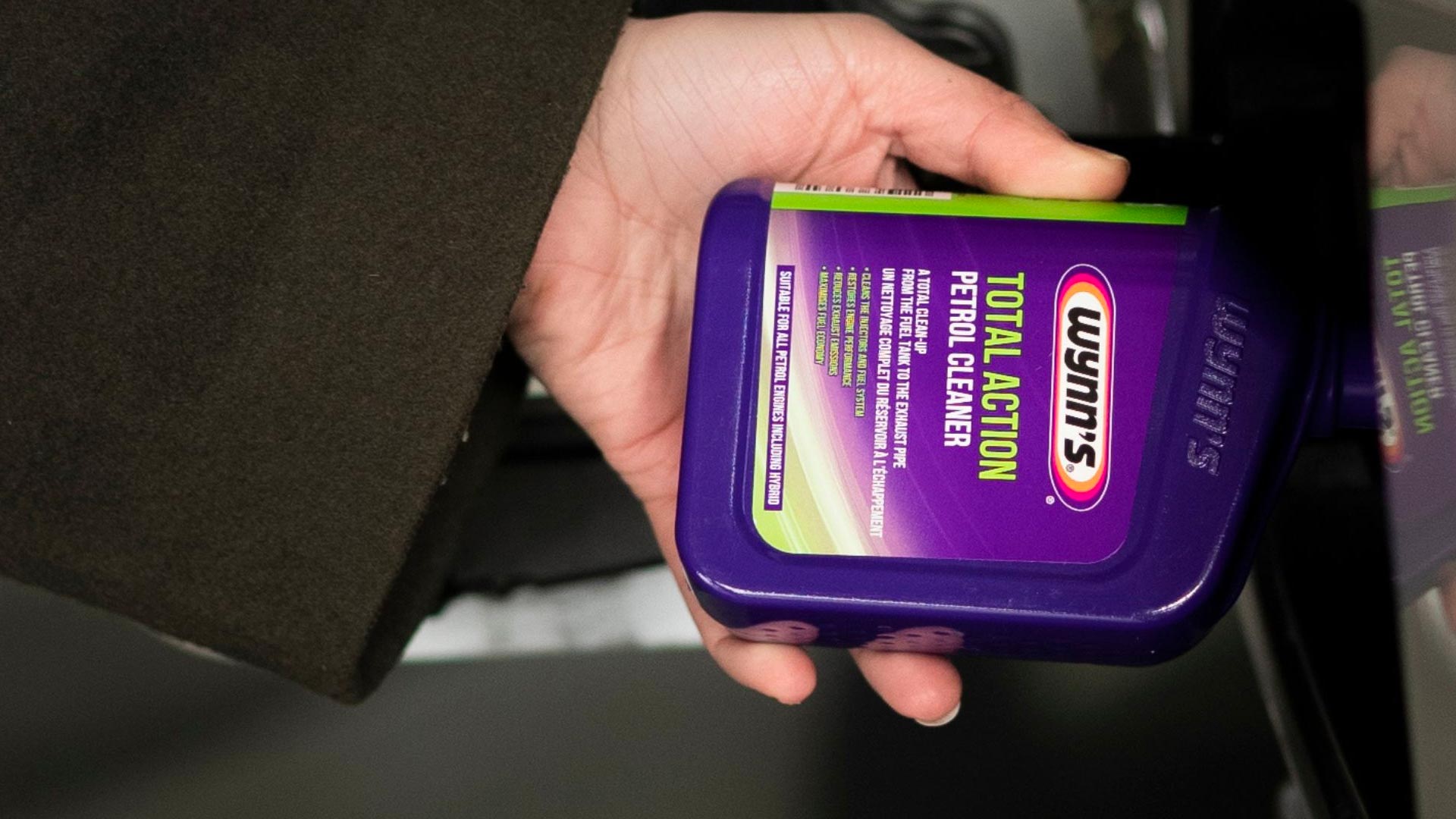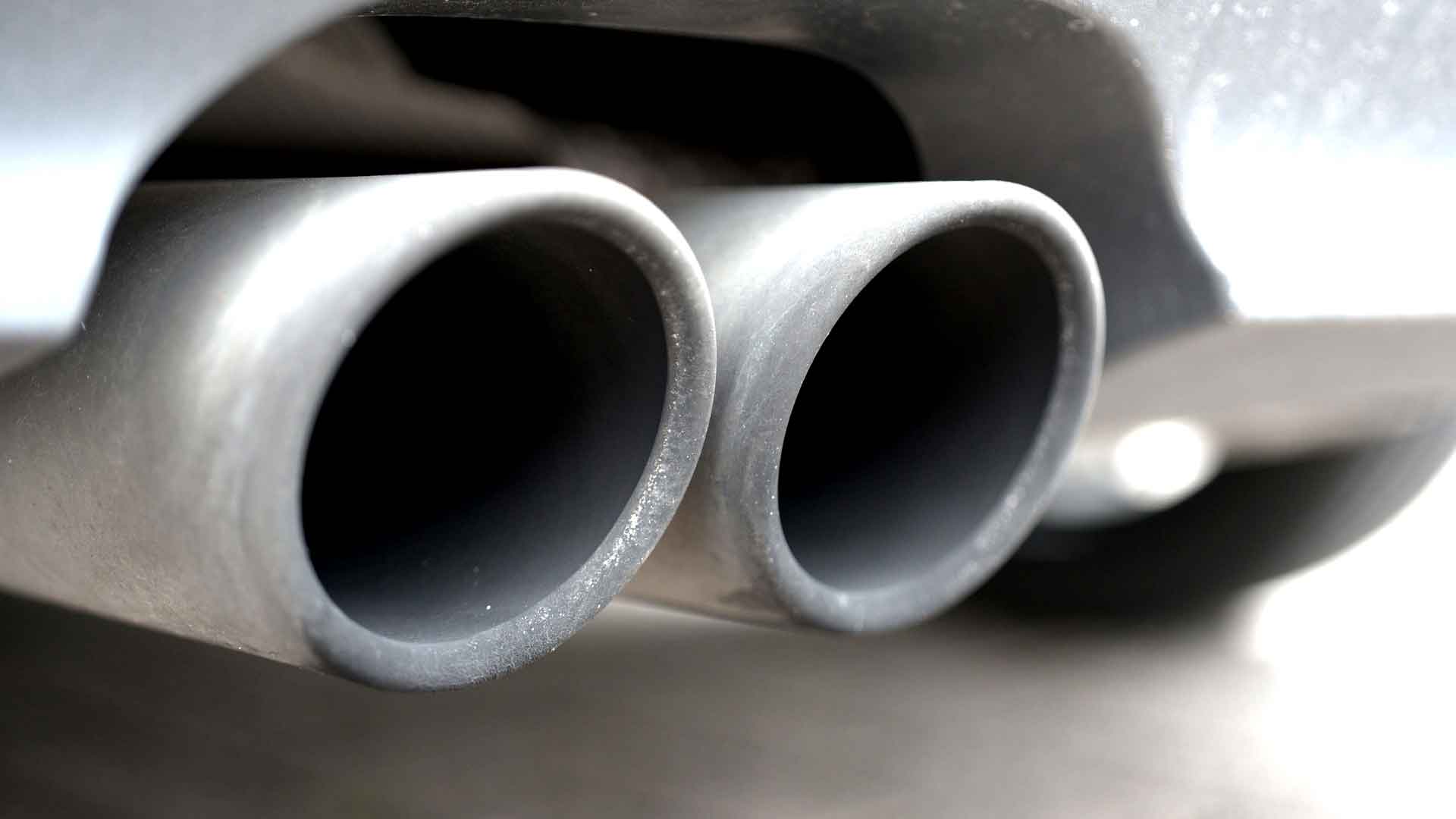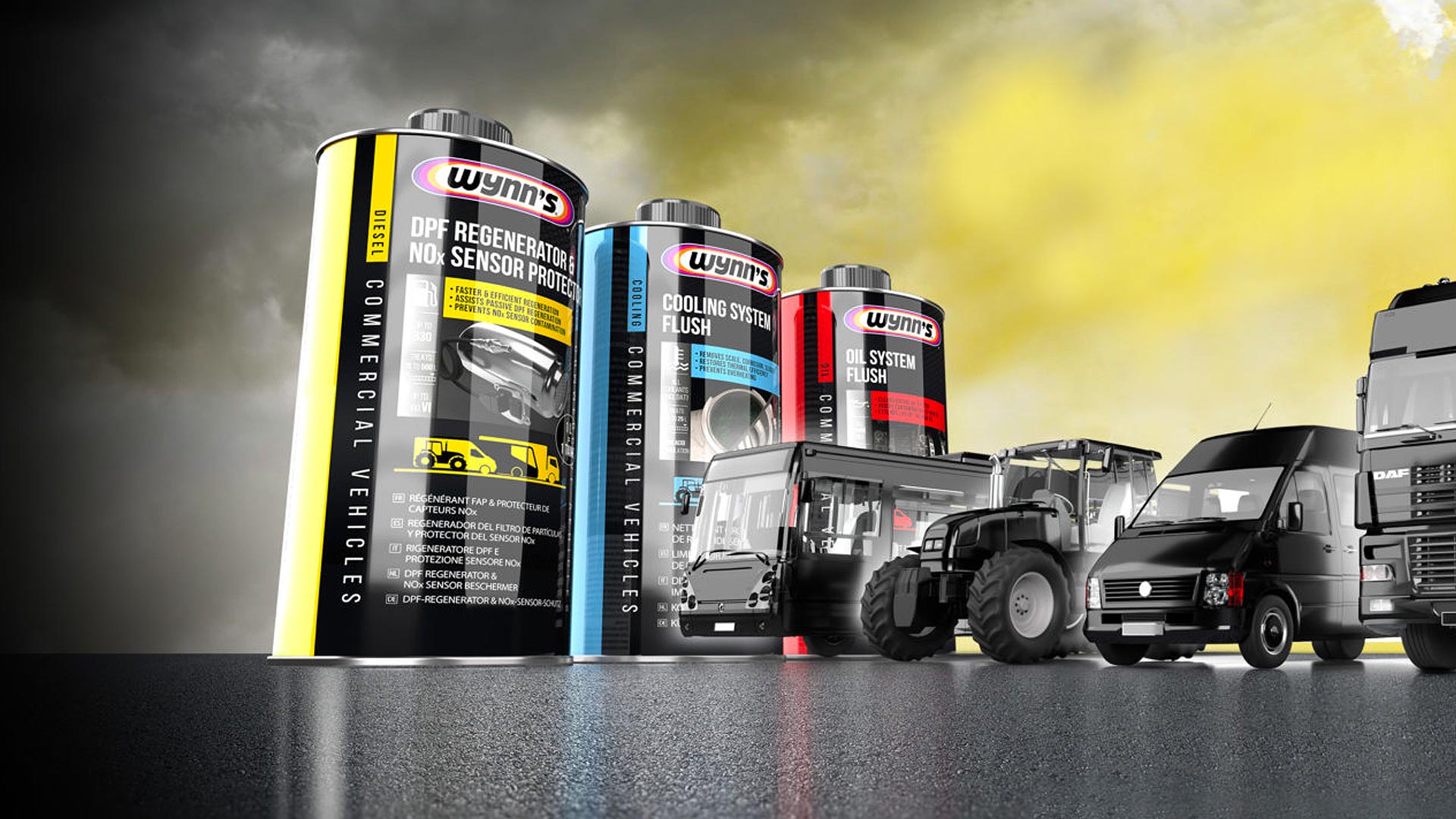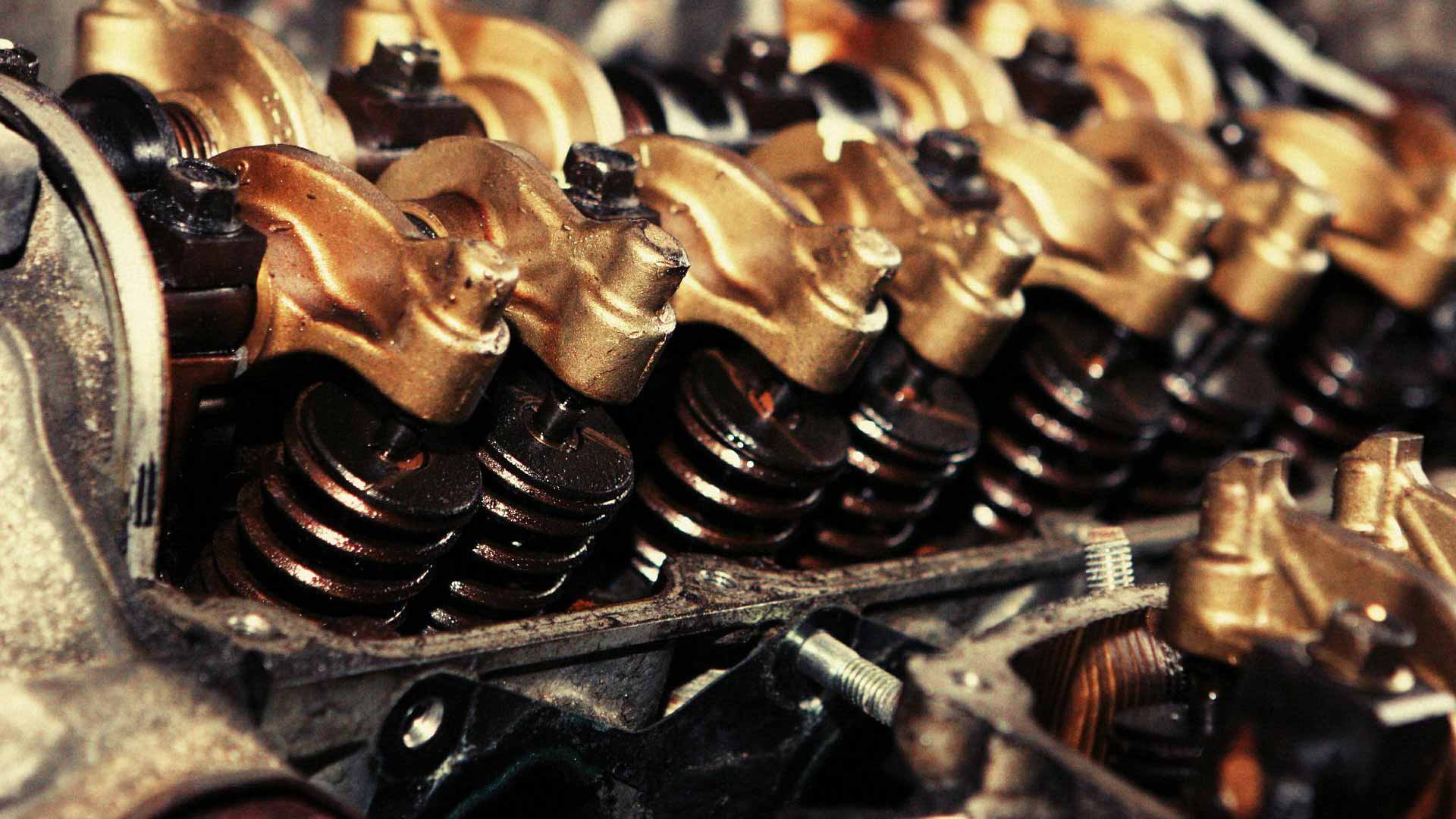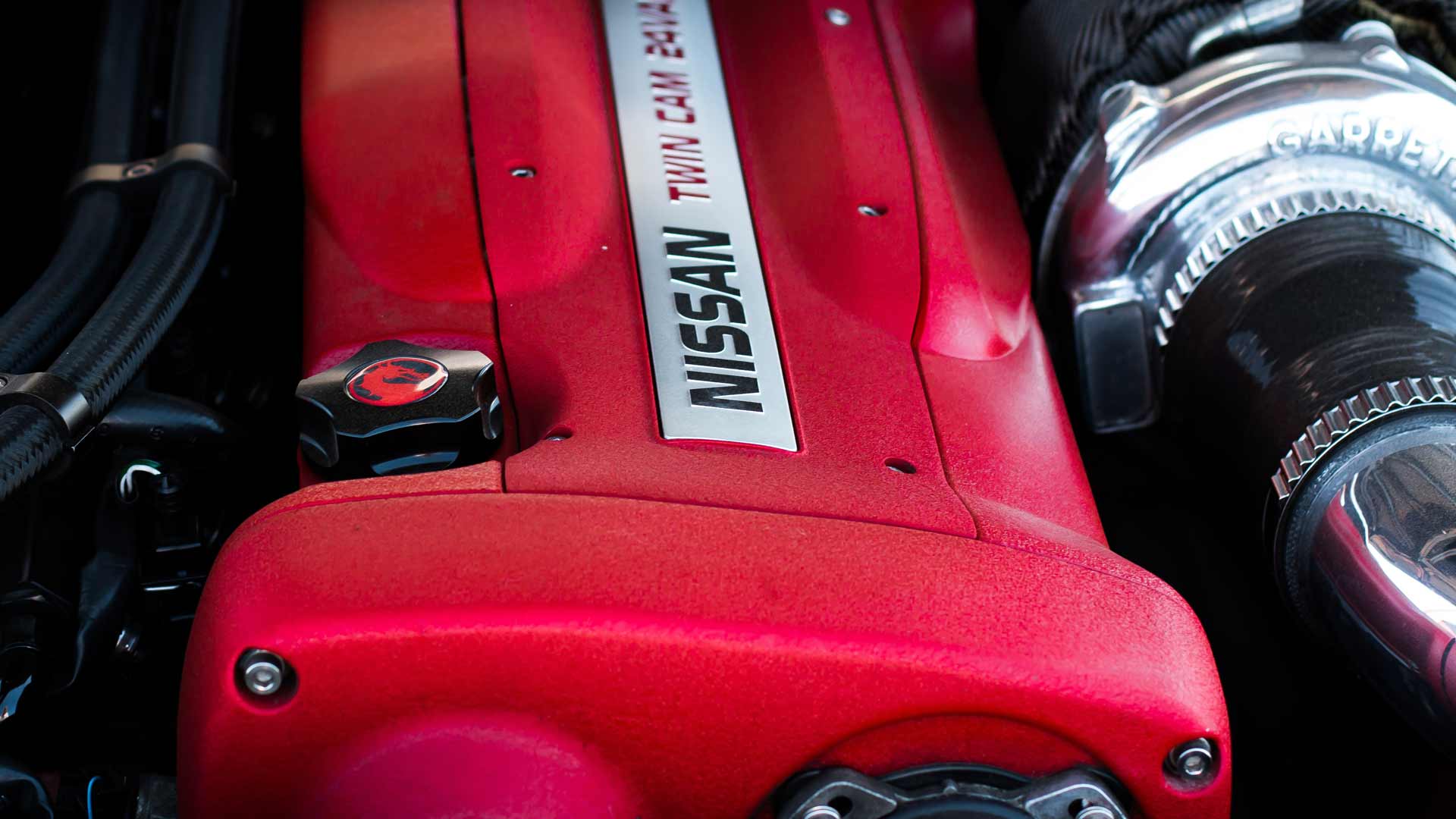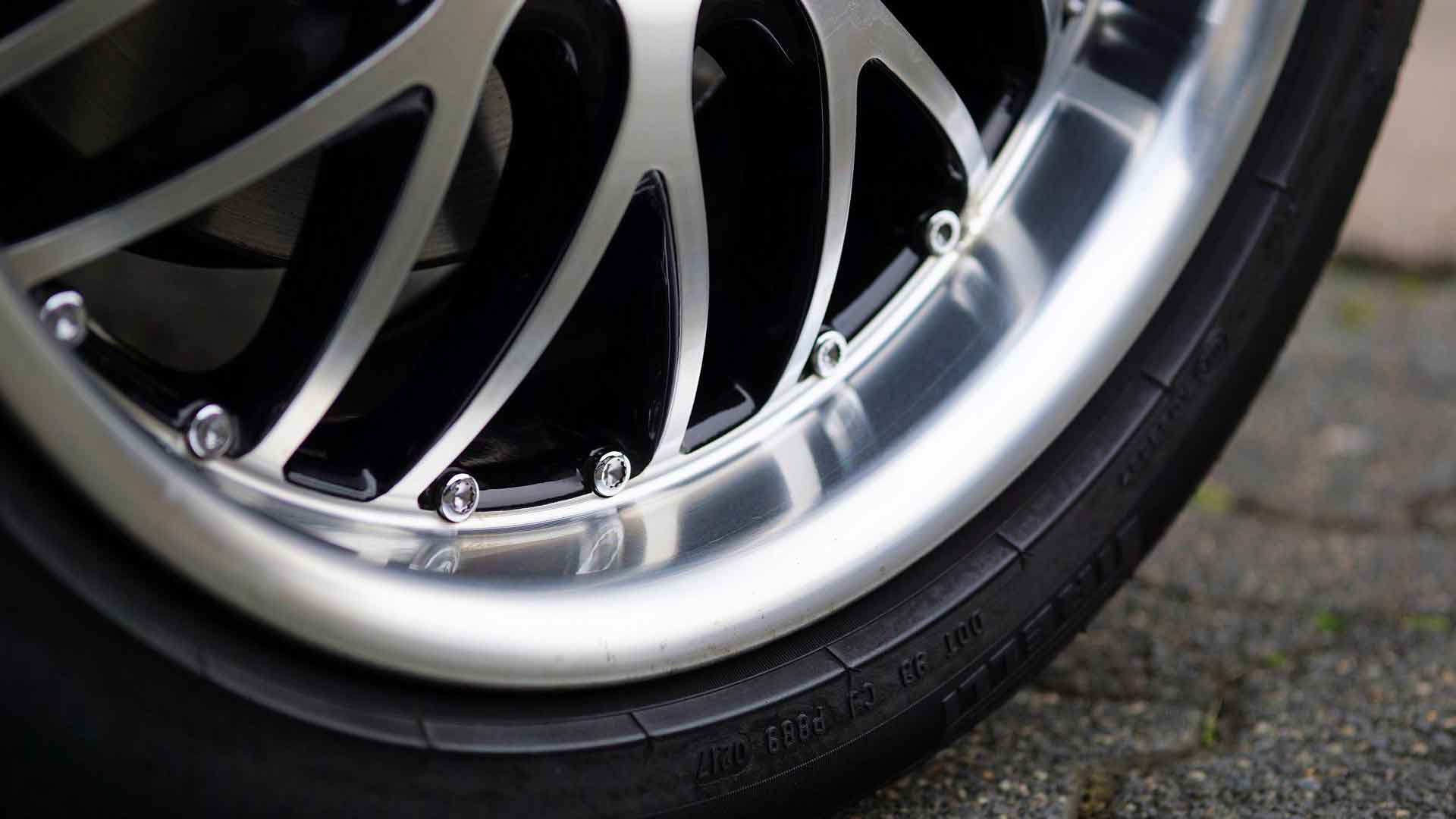Top 10 common AdBlue mistakes to try and avoid.
By avoiding these common mistakes, vehicle owners can ensure their AdBlue systems operate efficiently, reducing emissions and maintaining vehicle performance. Regular monitoring and proper handling of AdBlue are essential for the longevity and health of diesel engines equipped with SCR technology. Always refer to your vehicle’s manufacturer guidelines for the best practices regarding AdBlue usage.
AdBlue is a crucial element for vehicles equipped with Selective Catalytic Reduction (SCR) systems, primarily in diesel engines, to reduce harmful emissions. However, several common mistakes can lead to performance issues or damage. Here are the most frequent pitfalls:
Improper storage.
AdBlue should be stored in a cool, dry place, away from direct sunlight. Exposure to high temperatures can degrade the fluid, making it ineffective.
Mixing with water.
Some may think diluting AdBlue with water will stretch it further. This is a mistake; it can damage the SCR system and lead to costly repairs.
Ignoring system warnings.
Many vehicles have warning systems for AdBlue. Ignoring these alerts can lead to significant performance degradation or engine shutdown.
Failing to clean equipment.
If using a portable container to fill AdBlue, neglecting to ensure it’s clean can introduce contaminants, which may block the system.
Neglecting levels.
AdBlue needs to be monitored regularly. Running low or empty can cause the engine to enter limp mode, reducing performance and potentially causing issues with exhaust systems.
Freezing conditions.
While AdBlue can freeze, it typically resumes proper function once thawed. However, neglecting to check if it has thawed properly before driving can lead to performance issues.
Overfilling the tank.
Overfilling can cause spillage and contamination. It’s important to follow manufacturer recommendations to avoid this issue.
Using ‘generic’ products.
Not following maintenance schedules.
Regular maintenance contributes to the health of the SCR system. Neglecting scheduled checks can result in unnoticed issues escalating.
